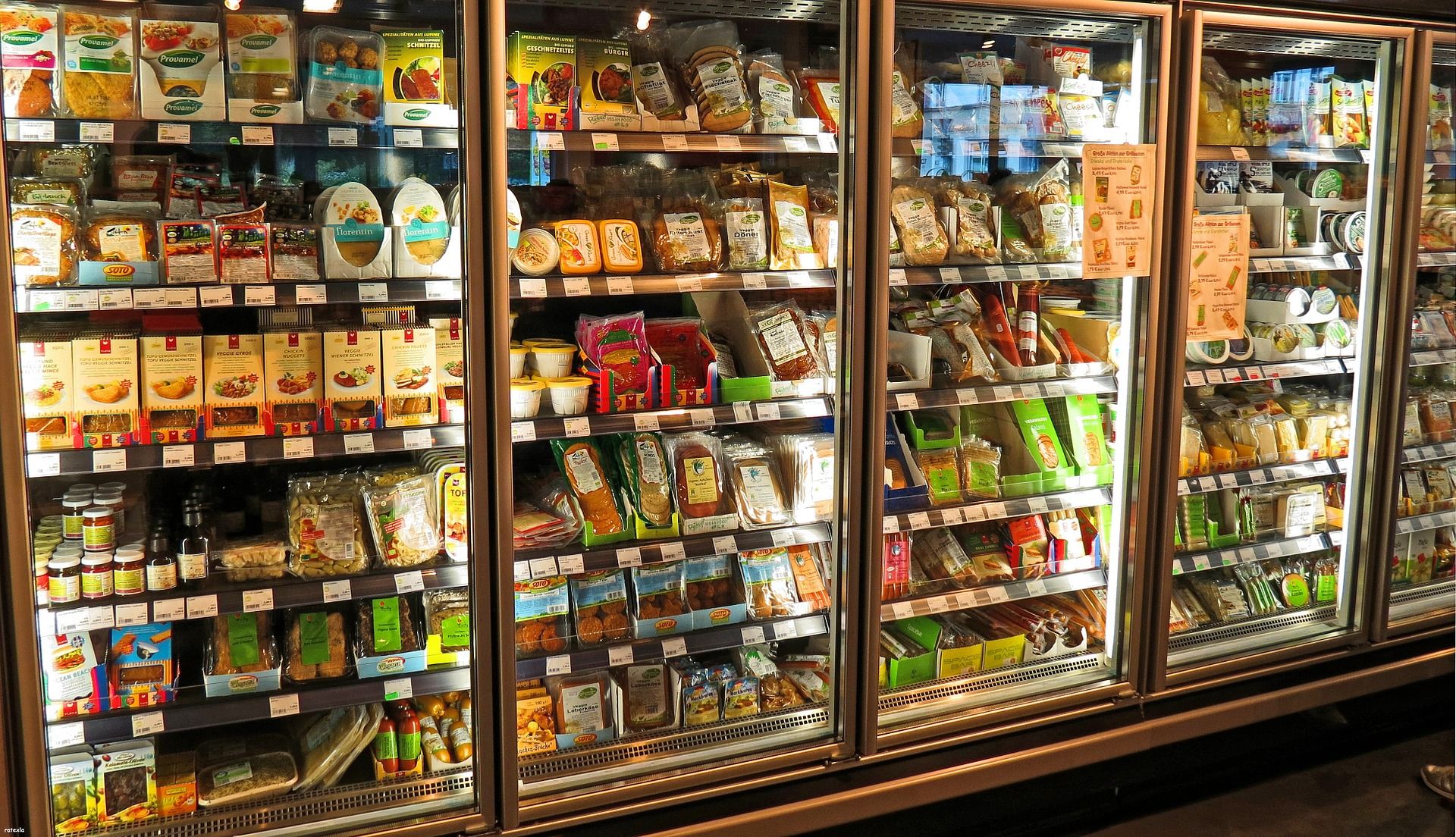Freezing climate change
06 December 2021

Em português
中文版
Fridges and air-conditioning units not only get hot themselves - which you will know if you have ever touched the back of working fridge or stood outside next to an air-conditioning vent – but they use a lot of electricity, usually generated by burning fossil fuels.
However, bad as this is, refrigeration poses an even greater risk to the climate. When care is taken, the refrigerant gases used in cooling and freezing appliances stay within a closed circuit and are safe. But if they escape into the air as a result of a malfunction, poor service practices or if the appliance is not properly disposed of at the end of its life, the gases contribute to global warming.
For most of the twentieth century, the refrigerant gases used were chlorofluorocarbons (CFCs) and hydrochlorofluorocarbon (HCFC). These are in the process of being phased-out in accordance with the international environmental treaty, the Montreal Protocol, because it was discovered that they damaged the ozone layer that shields our planet from dangerous ultra-violet rays.
The problem is that the heating, ventilation, and air-conditioning (HVAC) industry turned instead to hydrofluorocarbon (HFC) refrigerants as substitutes. Since the 1990s, HFC refrigerants, which do not harm the ozone layer, have been used widely in refrigeration, air-conditioning, and heat pump applications. However, most HFC refrigerants have a massive global warming potential, with an effect that is thousands of times more powerful than CO2 in terms of trapping heat in the atmosphere.
The Kigali Amendment to the Montreal Protocol, which entered into force on 1 January 2019, will help reduce the production and consumption of HFCs but what will HVAC industry use instead?
Engineers from Brazil’s Eletrofrio company have come up with a solution. With the support of Brazil’s Ministry of Environment and the UN Industrial Development Organization (UNIDO), Eletrofrio has developed a new chiller technology using propane as an alternative refrigerant. Propane has zero ozone-depletion potential and very low global warming potential. The short video below provides a more detailed explanation of their project.
Propane refrigeration technology does not only combat climate breakdown. Compared to the currently used methods, propane-based refrigeration technology is up to 30% more energy efficient. According to the Lithuanian company, Freor, a pioneer of using R290 propane in commercial refrigeration equipment, “A propane system operates in the regime dependent on outdoor temperature, making it easier to ensure optimum electricity consumption.”
UNIDO has been assisting Brazil in meeting the requirements of the Montreal Protocol HCFCs phase-out plan since 2014, and the country is on track to eliminate these substances by 2040. Part of the UNIDO project has focused on the development of alternative refrigeration and chiller technologies that can be used instead of HCFCs and HFCs.
Now, with assistance from UNIDO and funding from the Multilateral Fund for the Implementation of the Montreal Protocol, Eletrofrio’s propane refrigeration technology is being put into practice in Curitiba, the capital of the southern Brazilian state of Paraná. At the beginning of April 2019, Supermercados Condor, one of the largest supermarket chains in Brazil, opened a store using only propane refrigerators to store and display frozen food.
At the opening of the store, Pedro Joanir Zonta Condor, who founded Supermercados Condor chain in 1974, declared said it will go down in history as the first supermarket in South America to use propane technology in its refrigeration equipment. He expressed his hope that the propane chillers will significantly reduce the chain’s greenhouse gas footprint. “We always work to continuously improve sustainability and, of course, every technological progress that meets our ecological conscience will be used in our stores.”
Also present was Ole Nielsen, head of the UNIDO Montreal Protocol Unit, who congratulated those involved, saying, “I'm sure you'll take other companies in the same direction for the sake of our environment.”
Rogério Marson Rodrigues, Eletrofrio's Engineering Manager, said it is important to emphasize the need to create a safe environment for the use of these technologies. According to Marson, “The technology itself is simple to explain,” adding, “Safety is the main point to be discussed in this type of refrigeration system.”
Elaborating on the issue of safety, Eletrofrio’s Ivair Soares Junior said, “One of the goals of the project is to avoid maintenance inside the supermarket. Because it is a modular system, if necessary, only the failing module needs to be removed and it can then be taken to the factory to perform maintenance.”
According to UNIDO project manager, Sérgia Oliveira, other projects are being discussed, together with the Ministry of Environment, UNIDO and the private sector, with the aim of making more and more new technologies available for the protection of the environment.